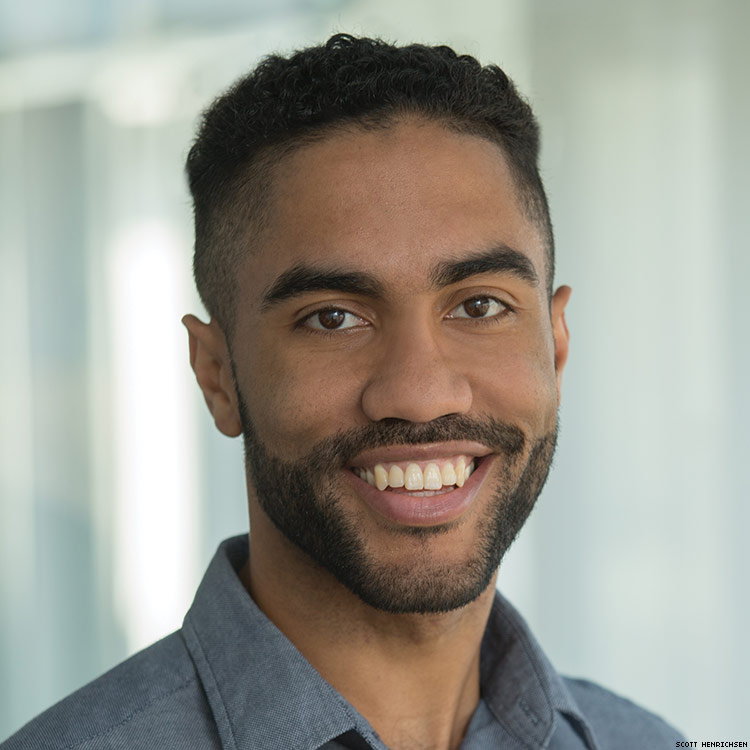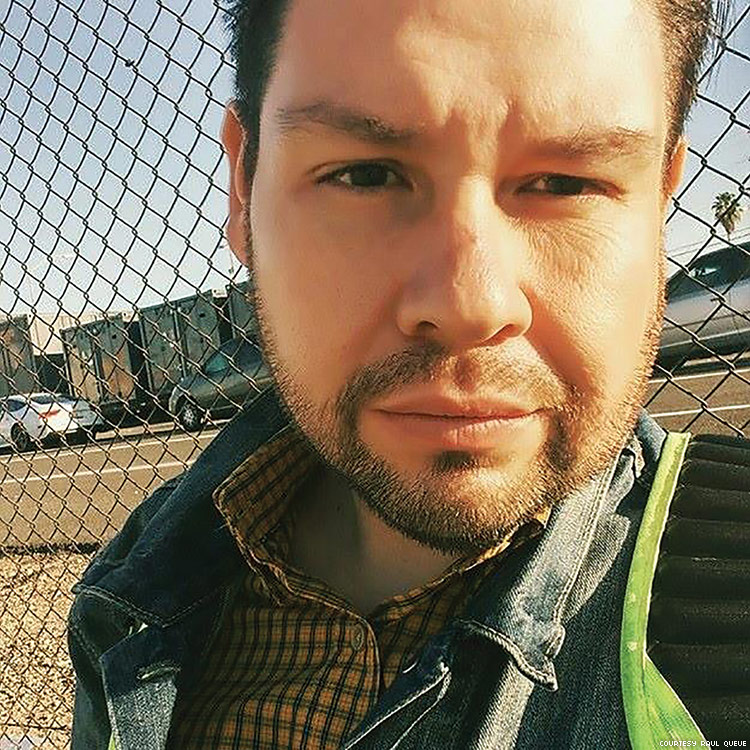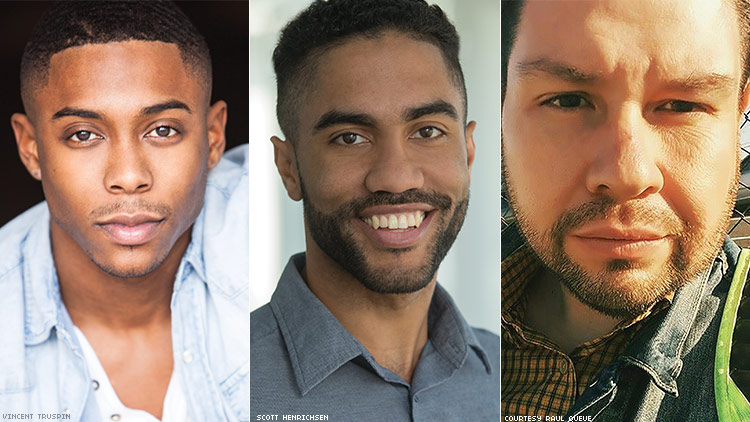Shifting the language you use, or the way you express yourself, around others is just the beginning of it. As Gene Demby, lead blogger for NPR’s Code Switch, explains: “Many of us subtly, reflexively change the way we express ourselves all the time. We’re hop-scotching between different cultural and linguistic spaces and different parts of our own identities — sometimes within a single interaction.”
Demby and six other NPR journalists make up the team for Code Switch, doing work that covers race, ethnicity, and culture on-air as well as in a blog, a Tumblr, a Twitter stream, and a Facebook feed. They called it Code Switch “because much of what we’ll be exploring are the different spaces we each inhabit and the tensions of trying to navigate between them. In one sense, code-switching is about dialogue that spans cultures. It evokes the conversation we want to have here.”
Chill, too, will be asking readers this year how they code-switch (around race, gender, geography, faith, and more). To start our own conversations, here’s what three guys told us.

Joshua Alexander, Los Angeles
@TheJoshAlexander
My whole life is a code-switch. As a Black man, I must constantly keep in mind that my ability to code-switch impacts the type of friends I have, the kind of career I work in, and people’s perception of my intelligence, privilege, and exposure to the world. My code- switching skills were sharpened after college when I figured out that it went beyond linguistics. It was in the way I behaved, thought, and expressed myself. I attended Howard University where I had a very liberating experience expressing my Blackness. My Blackness showed through my baggy pants, Air Force Ones, a tapered fade with a do-rag imprint on my forehead, and a vocabulary full of cuss words that were coated with a Southern twang as they came out of my mouth. After graduating with a better understanding of how the world viewed me, it would have been unrealistic for me to think my expression of self would be able to successfully crossover into mainstream America. Let’s be real, it doesn’t even crossover in my everyday relationships with my friends, family, or coworkers that come from the same culture as I do. I don’t talk to any two people the same, because we all express and emote uniquely. I like to think of code-switching as a way to relate to other people, bringing us all closer. At the end of the day, we code-switch to create the possibility of connection, which can provide us access to people or opportunities that we might not already have access to.
Justin Woods, Washington, D.C.
@jstnwds
When my intrigued, white college roommate said, “You talk differently to him,” after I greeted a Black worker at our PWI (predominantly white institution), I realized I’d been caught trying to meet the conflicting expectations of my two overlapping worlds. Code-switching is a reminder that we live in a world of white domination, where our culture exists outside the white gaze, and therefore is under subject to their curiosity and inquisition. The burden of constantly switching between worlds, and needing to explain the switch when noticed, is yet another demand our world places on non-white people. Accordingly, I’m left to wonder: What is it like to have the privilege to show up fully in all spaces? What is it like to not to have to defend how you show up in the world, because the world was created for people like you? I hold to the belief that when we meet the challenge of showing up authentically in spite of these barriers, we add to the allure and intrigue that is Blackness.
Raul Queue, Los Angeles
@RQ_Rude
Sure, I code-switch regularly. Whether it be toiling in a PrEP/PEP clinic ensuring patients receive sex-positive care to keep them healthy and well, or working my ass off as staff of Los Angeles’s most popular sex party, promising a space where men-loving men can act out their sexually liberal desires. The root of my work is sexual satisfaction. I am here to serve. But depending on the setting, it may be with a smile or a sneer. As a sexual health counselor, I am behind the desk actively listening, pulling for cues to understand the health needs of my patients, where their sexual health is my priority. As doorboy at said sex party, I am the gatekeeper to attendees’ sexual desires, but my priority here is making sure you pay full price. Every now and then a familiar face will walk through the dungeon doors. First there’s the double-take, then the nod of acknowledgement, and with recognition in our eyes and a smile on my face, I break the silence: “Please have your ticket in hand or on your phone. If not, cash only!”















READER COMMENTS (